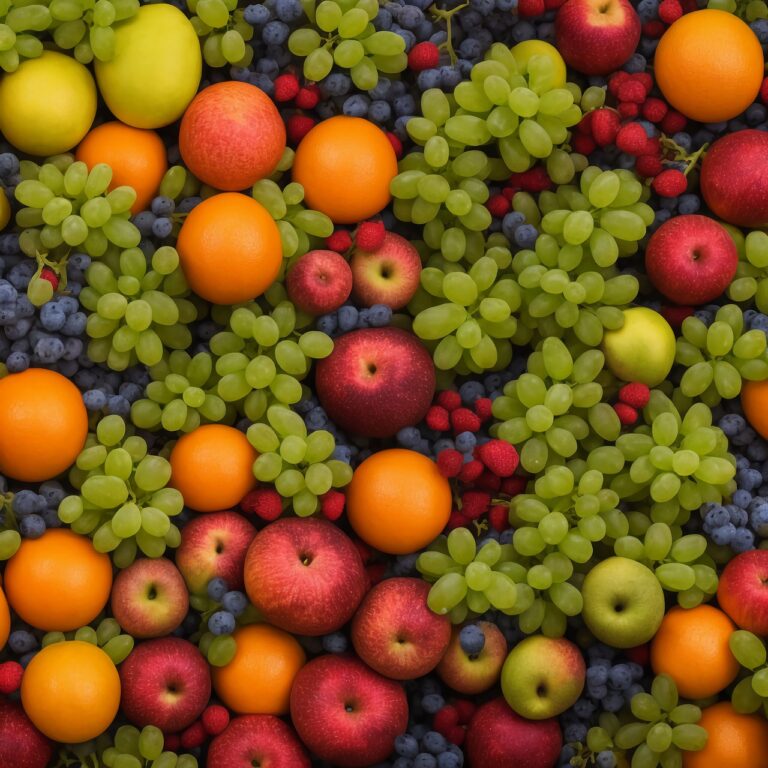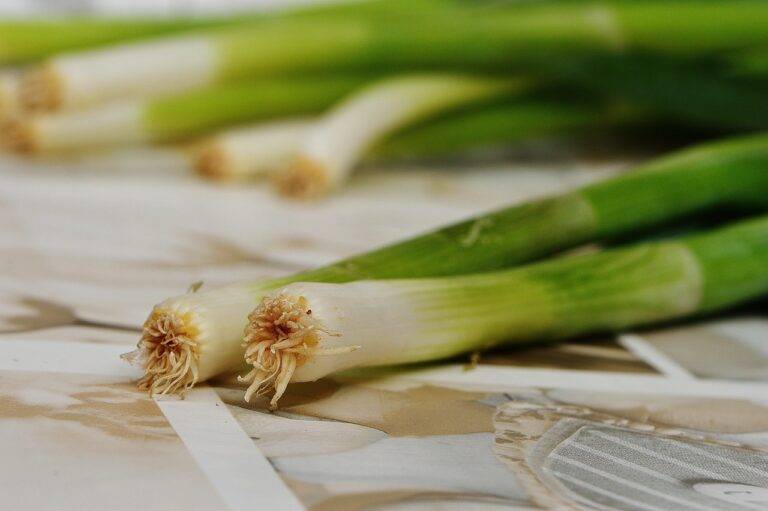Sustainable Agriculture Practices in the Food Industry
Sustainable agriculture practices offer numerous advantages to farmers, the environment, and society as a whole. By utilizing techniques that preserve natural resources and minimize negative impacts on ecosystems, farmers can enhance soil health, increase crop yields, and improve water quality. Implementing sustainable practices also helps in reducing greenhouse gas emissions and mitigating climate change effects, making agriculture more resilient to environmental challenges.
Moreover, embracing sustainable agriculture methods can result in cost savings for farmers in the long run. By reducing the need for synthetic pesticides and fertilizers, farmers can lower input costs while maintaining or even enhancing productivity. Sustainable practices also promote biodiversity and wildlife conservation, creating healthier ecosystems that support pollinators and beneficial organisms critical for crop production. In addition to economic and environmental benefits, sustainable agriculture fosters a more resilient and equitable food system that can provide nutritious food for current and future generations.
Challenges Faced by Farmers in Adopting Sustainable Agriculture
Farmers transitioning to sustainable agriculture practices often encounter various obstacles. One common challenge is the initial costs associated with implementing sustainable methods. From eco-friendly pest control techniques to switching to organic fertilizers, the upfront investment required can be significant. This financial burden can deter some farmers from making the switch, especially those operating on tight budgets or facing uncertain market conditions.
Additionally, lack of knowledge and training can present hurdles for farmers looking to adopt sustainable practices. Many traditional farming methods have been passed down through generations, making it challenging for some to embrace new techniques and technologies. Access to education and resources on sustainable agriculture may also be limited in certain regions, further inhibiting farmers from taking the necessary steps towards a more environmentally friendly approach.
Innovative Technologies for Sustainable Agriculture
With the advancement of technology, the agriculture industry has been introducing innovative solutions to promote sustainability. One such technology is precision agriculture, which utilizes GPS, sensors, and data analytics to optimize the use of resources such as water, fertilizers, and pesticides. By precisely monitoring and managing field conditions, farmers can reduce waste and increase efficiency in their operations.
Another promising technology in sustainable agriculture is vertical farming. This method involves growing crops indoors in stacked layers, using controlled environments with artificial lighting and hydroponic systems. Vertical farming can significantly reduce water usage, eliminate the need for harmful pesticides, and also decrease the dependence on arable land. Additionally, this approach allows for year-round crop production, providing a consistent food supply while minimizing environmental impact.
What are the benefits of implementing sustainable agriculture practices?
Implementing sustainable agriculture practices can help improve soil health, conserve water, reduce pesticide use, promote biodiversity, and increase farm profitability in the long run.
What are some challenges faced by farmers in adopting sustainable agriculture?
Some challenges include lack of knowledge and training, high initial costs of implementing new technologies, resistance to change traditional farming practices, and limited access to resources and markets.
What are some innovative technologies for sustainable agriculture?
Some innovative technologies for sustainable agriculture include precision agriculture tools, vertical farming systems, drone technology for crop monitoring, biopesticides, and soil moisture sensors.
How can farmers overcome the challenges of adopting sustainable agriculture practices?
Farmers can overcome challenges by seeking out training and education on sustainable practices, collaborating with other farmers and organizations, accessing financial support for technology adoption, and gradually transitioning to sustainable practices.







